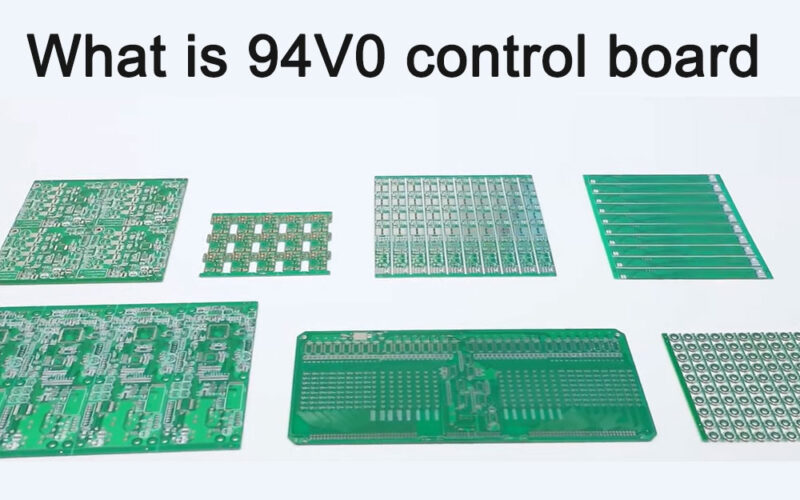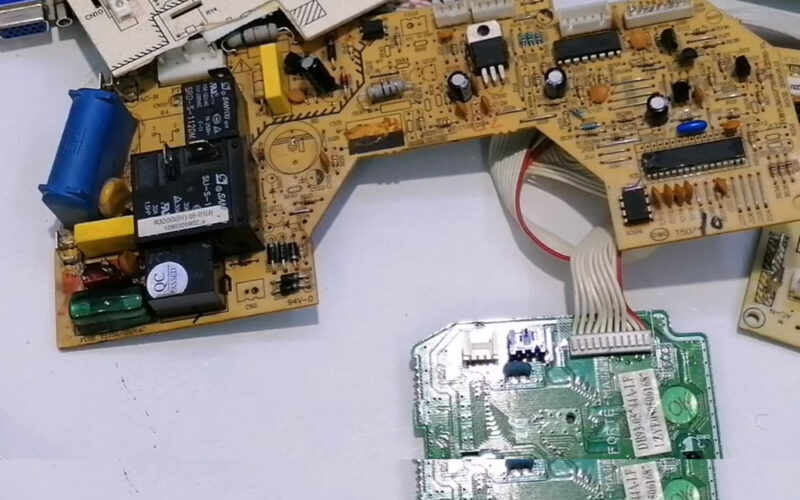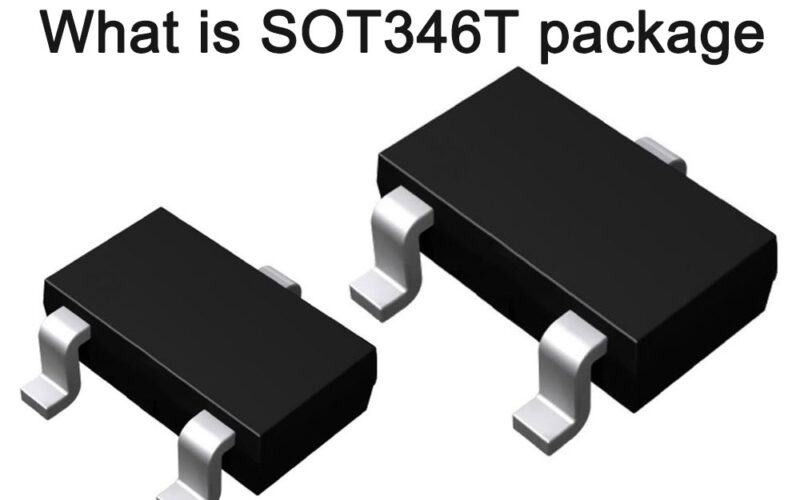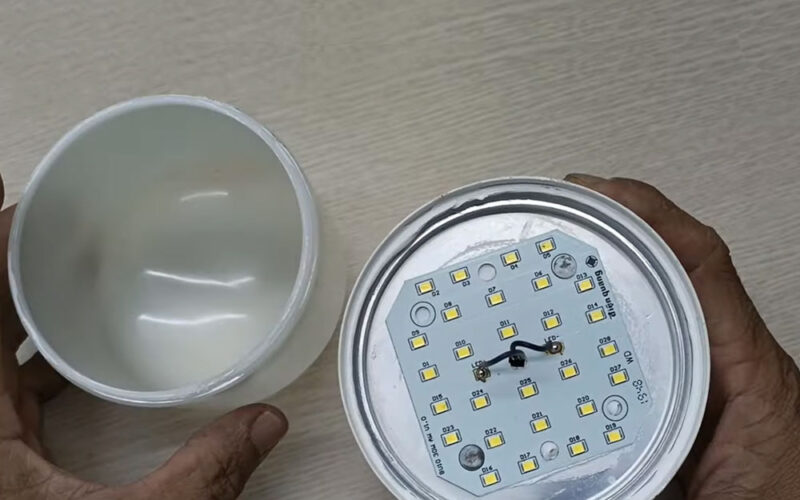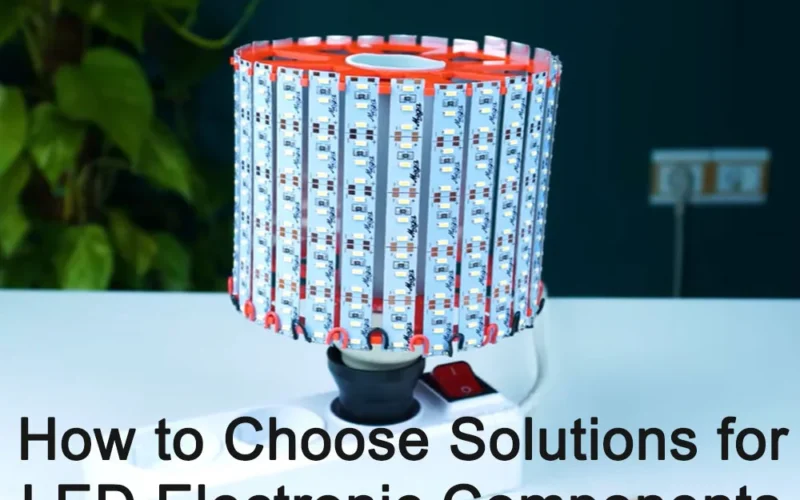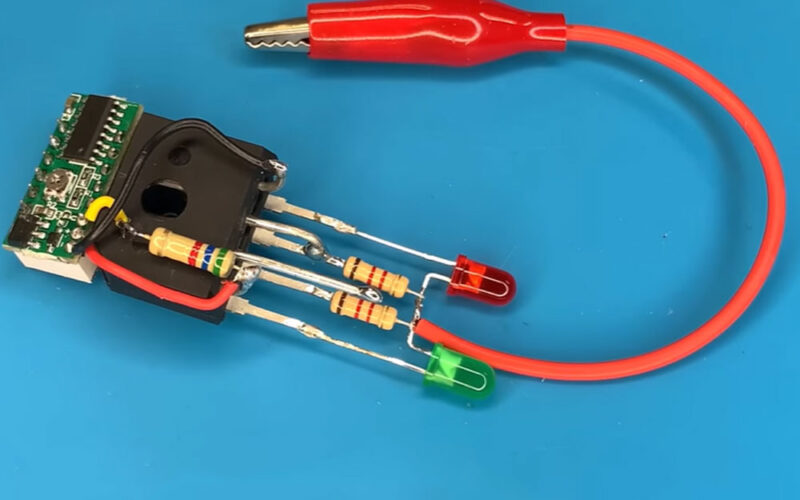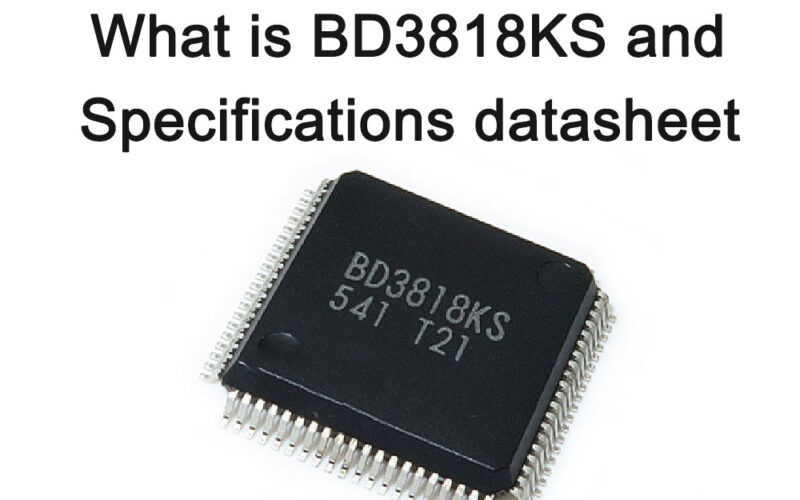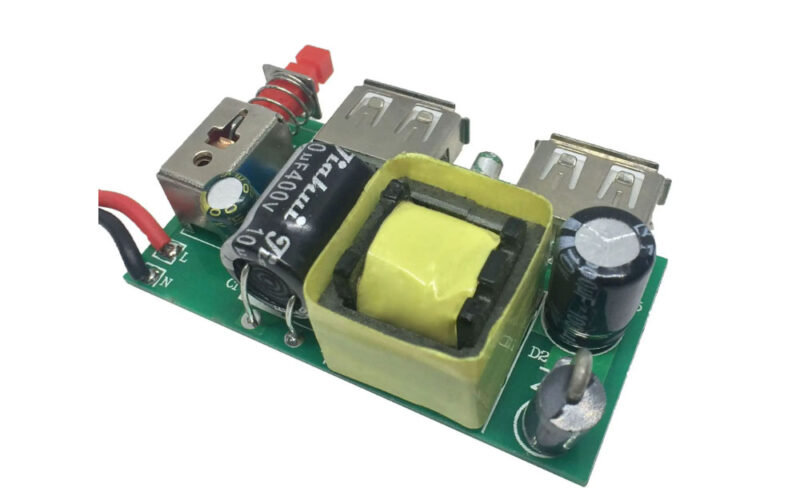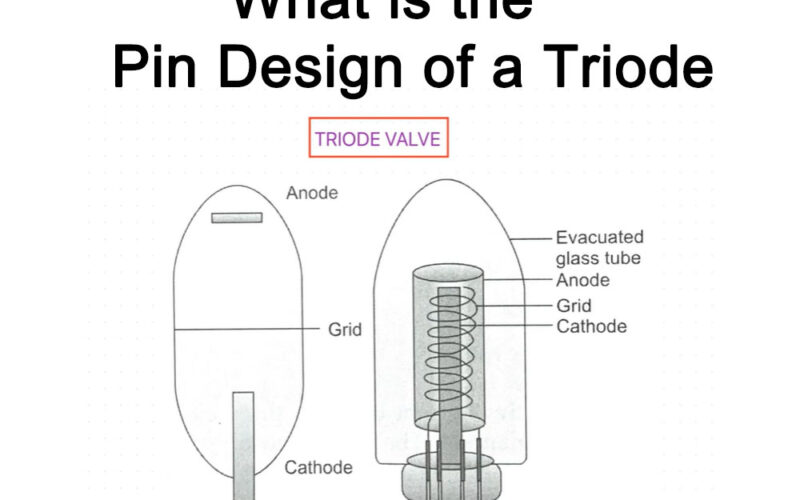
How to purchase chip resistors for battery PCB boards
When purchasing battery PCB board chip resistors, you need to select products with appropriate resistance value and accuracy, while taking into account parameters such as rated power, stability, and temperature coefficient.
Choose a well-known brand and reputable supplier, pay attention to the delivery date and delivery method, and conduct sample testing to ensure that it meets the circuit design and usage requirements. Finally, comprehensively evaluate price, technical support, environmental protection standards and other factors to select the most suitable chip resistor.
Purchase chip resistors for battery PCB boards
To purchase chip resistors for battery PCB boards, you can refer to the following steps:
- Determine the resistance specifications: According to the needs of the battery PCB board, determine the required resistance specifications, including resistance value, accuracy, power, etc.
- Select suppliers: Find reliable electronic components suppliers in the market. You can find multiple suppliers through search engines or industry directories.
- Inquiry and quotation: Send inquiry to multiple suppliers, ask them if they can provide the required resistors, and ask them to provide quotations. When comparing quotes, pay attention to the balance between price and quality.
- Sign a contract: Choose a suitable supplier, sign a purchase contract with them, and agree on delivery time, payment method and other terms.
- Inspection and storage: After receiving the resistors provided by the supplier, they will be inspected and stored in the warehouse to ensure that the resistors meet the specifications and are properly kept.

During the purchasing process, the following points should be noted:
- Ensure the credibility and product quality of suppliers and avoid purchasing fake and shoddy products.
- Compare the quotations and quality of different suppliers and choose products with high cost performance.
- When signing a contract, delivery time, payment method and other terms should be clearly agreed to avoid disputes.
- When accepting the goods into the warehouse, they should be inspected according to the specifications to ensure that the product quality meets the requirements.
In short, purchasing chip resistors for battery PCB boards requires careful selection of suppliers, comparison of quotations, signing of contracts, acceptance into warehouse and other steps. During the procurement process, attention should be paid to the supplier’s reputation and product quality, selecting products with high cost-effectiveness, clearly agreeing on contract terms, and conducting inspections and warehousing according to specifications.

What kind of chip resistor can fit the battery PCB board?
We have compiled some common chip resistor requirements for battery PCB boards:
Metal oxide film resistor (MOX)
MOX resistor has high accuracy, stability and reliability, and is a common choice for chip resistors in battery PCB boards.
Metal Film Resistors (MFR)
MFR resistors have lower cost and can be used as a substitute for MOX resistors in some applications that do not require high accuracy.
Carbon film resistors
Carbon film resistors have lower cost and higher power, and can be used as a substitute for MOX resistors in some applications with larger currents and higher power requirements.
When selecting a battery PCB board chip resistor, the above factors should be comprehensively considered based on the circuit design requirements and the specific performance of the battery.
What chip resistors should I purchase for battery PCB boards?
When purchasing chip resistors for battery PCB boards, you need to consider the following factors:
Resistance value and accuracy: According to the circuit design of the battery PCB board, select the appropriate resistance value and accuracy to ensure the accuracy and stability of the circuit.
Power rating: Considering the operating current and voltage of the battery PCB board, choose a resistor with sufficient power rating to ensure that it can withstand the current and voltage in the circuit.

Temperature coefficient: Since the battery PCB board will generate heat when working, it is necessary to select a resistor with a lower temperature coefficient to reduce the impact of temperature changes on the resistance value.
Stability: Choose a resistor with high stability to ensure that its value remains stable during long-term use and reduce errors caused by time changes.
Package size: According to the size and space constraints of the battery PCB board, select the appropriate package size to ensure that the resistor can be installed and laid out smoothly.

When purchasing chip resistors for battery PCB boards, it is necessary to consider the above factors and select resistors that meet the circuit design requirements, have sufficient rated power, low temperature coefficient, high stability and suitable package size.
What factors should be given priority when choosing a resistor?
For PCB manufacturing factories, purchasing chip resistors or electronic components is a necessary task. So what issues should we pay attention to when purchasing chip resistors for battery PCB boards? When selecting a resistor, the following factors should be given priority:
- Resistor value and accuracy: This is the most important parameter of the resistor, which determines the circuit functions that the resistor can achieve. Choose the appropriate resistor value and accuracy based on your circuit needs.
- Power rating: The power rating of a resistor is the maximum power that the resistor can withstand. When selecting a resistor, you need to choose the appropriate power rating based on your circuit needs to ensure the resistor can operate safely.
- Temperature coefficient: The temperature coefficient indicates the degree to which the resistance value changes with temperature. If your circuit is temperature sensitive, you should choose a resistor with a lower temperature coefficient.
- Stability: Stability is a measure of the change in resistance value over time. In applications requiring long-term stability, resistors with high stability should be selected.
- Noise: Resistor noise refers to the random fluctuations present in the resistor. If your circuit is sensitive to noise, you should choose low-noise resistors.
- Impedance matching: In some cases, you need to consider impedance matching. For example, in high-speed signal transmission, if the source impedance and load impedance do not match, it will cause signal distortion. Therefore, when choosing a resistor, you need to consider whether its impedance matches your circuit.
- Resistor package size: Different resistor package sizes are suitable for different circuit board spaces and application scenarios. When selecting a resistor, you need to consider whether the package size meets the needs of your board space and application scenario.
Do you have any questions that you should pay attention to when purchasing resistors?
When purchasing resistors, you should pay attention to the following issues:
Resistor value and accuracy: Select the appropriate resistor value and accuracy based on circuit needs to ensure that the resistor can achieve the intended circuit function.
Power rating: Choose an appropriate power rating based on circuit needs to ensure the resistor can operate safely.
Temperature coefficient: Choose a resistor with a lower temperature coefficient to reduce changes in resistance value due to temperature changes.
Stability: Choose a resistor with high stability to ensure that its value changes little over time.
Noise: If the circuit is sensitive to noise, choose low-noise resistors.
Impedance matching: Consider the issue of impedance matching to ensure that signals can be transmitted correctly under conditions such as high-speed signal transmission.
Package size: Choose the appropriate package size based on the circuit board space and application scenario to ensure that the resistor can adapt to the corresponding environment.
Brand and Quality: Choose resistors from well-known brands to ensure their quality and reliability. Avoid choosing low-quality or unproven products.
Long-term supply: Ensure that the selected resistors have long-term supply guarantee to avoid affecting production due to discontinuation of resistors.
Environmental adaptability: Consider the working environment and application scenarios of the resistor to ensure that it can work normally under expected conditions.
Price Comparison: Compare prices across different suppliers or platforms to get the best deal. But be careful, don’t just look at the price and ignore the quality and performance.
Technical support: Learn about the technical support and after-sales services provided by the supplier. It’s important to be able to get help with product features, application suggestions, and more.
Sample testing: Before purchasing in large quantities, it is recommended to purchase some samples for testing and verification to ensure that they are consistent with design expectations.

Supplier Reputation: Choose a reputable supplier and view their customer reviews and history.
Procurement contract: Sign a clear purchase contract with the supplier, specifying the terms of delivery, payment, return and exchange, etc.
The above are the issues that need to be paid attention to when purchasing resistors. Depending on the actual needs, the priority of these issues may be different.
Top 5 chip resistor manufacturers in China
What are the chip resistor manufacturers in China? In China, there are many chip resistor manufacturers, among which the following are the representative ones:
Fenghua Hi-Tech
Fenghua Hi-Tech is one of the largest electronic component manufacturers in China. Its chip resistor products are complete in variety and of stable quality, making it a high-quality choice for battery PCB board chip resistors.
Fenghua Hi-tech has a complete range of chip resistor products, covering MOX, MFR, carbon film and other types. The accuracy range is from 1%-0.001%, the rated power range is from 1/10W-20W, and the package size is from 0201-1206.
Yageo
Yageo is the world’s leading manufacturer of electronic components. Its chip resistor products have high performance and reliability and are widely used in high-end applications such as battery PCB boards.
Yageo’s chip resistor products have high performance and reliability and are mainly used in high-end application scenarios, such as battery PCB boards, automotive electronics, aerospace, etc.
TDK Co., Ltd.
TDK chip resistor manufacturer is a Japanese electronics industry brand.

TDK is the world’s leading manufacturer of electronic components. Its chip resistors have a complete range of products and stable quality.
They are a high-quality choice for battery PCB board chip resistors.
TDK has a full range of chip resistor products, covering MOX, MFR, carbon film and other types. The accuracy range is from 1%-0.001%, the rated power range is from 1/10W-20W, and the package size is from 0201-1206.
TDK is a well-known electronics industry brand that has always occupied a leading position in electronic raw materials and components. After the founders of TDK, Dr. Yogoro Kato and Takei Takei, invented ferrite in Tokyo, they founded Tokyo Denkikagaku Kogyo K.K. in 1935. The name was formerly the Department of Electrochemistry of Tokyo Institute of Technology. , Dr. Yogoro Kato and Dr. Takei Takei, teach in the electrochemistry department of the university. In 1983, the name was officially changed to today’s TDK Co., Ltd., taking the initials of the original name Tokyo (Tokyo) Denki (electrical) and Kagaku (science), and began to engage in the commercial development and operation of this magnetic material.
Murata
Murata is the world’s leading manufacturer of electronic components. Its chip resistor products have high performance and reliability and are widely used in high-end applications such as battery PCB boards.
Murata’s chip resistor products have high performance and reliability and are mainly used in high-end application scenarios, such as battery PCB boards, automotive electronics, aerospace, etc.
Taiyo Yuden
Taiyo Yuden is the world’s leading manufacturer of electronic components. Its chip resistor products are complete in variety and of stable quality, making it a high-quality choice for battery PCB board chip resistors.
Taiyo Yuden has a full range of chip resistor products, covering MOX, MFR, carbon film and other types. The accuracy range is from 1%-0.001%, the rated power range is from 1/10W-20W, and the package size is from 0201-1206.

